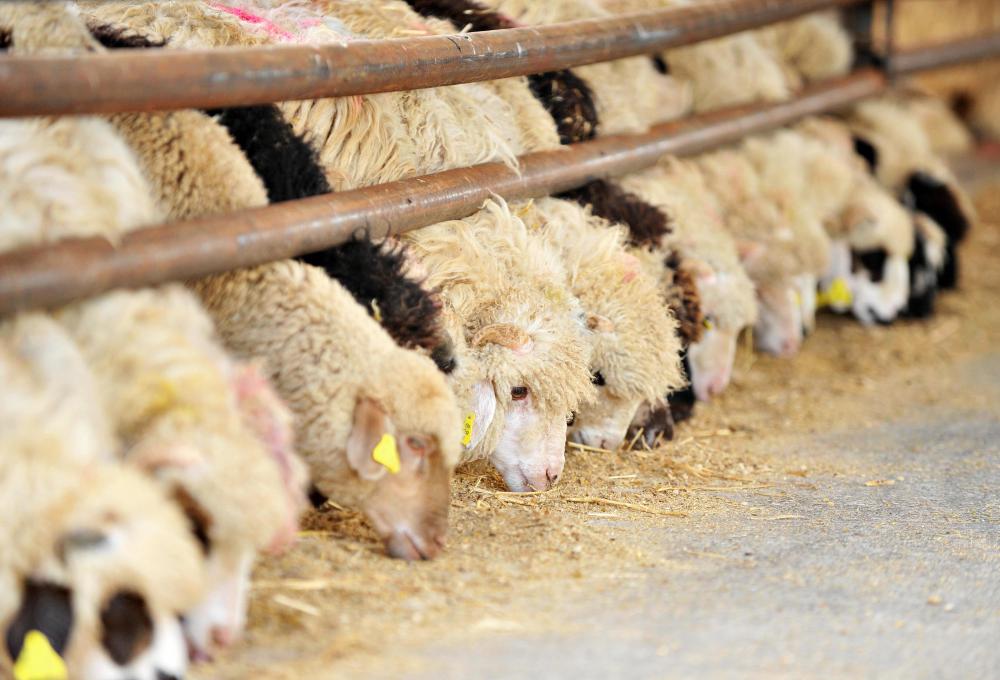At WiseGEEK, we're committed to delivering accurate, trustworthy information. Our expert-authored content is rigorously fact-checked and sourced from credible authorities. Discover how we uphold the highest standards in providing you with reliable knowledge.
What Should I Know About the Faroe Islands?
The Faroe Islands are eighteen islands located roughly between Iceland and Scotland in the North Atlantic Ocean and the Norwegian Sea in Northern Europe. The name of the Islands is derived from Føroyar which is the Danish word for "sheep," and raising sheep is a big industry here. The Faroe Islands are, for the most part, run independent of the Kingdom of Denmark except for its legal, foreign affairs and defense systems. The Faroes have its own prime minister and cabinet and the Nordic Council represents the Faroe Islands as included in the Danish delegation.
Irish hermit monks settled on the Faroe Islands in the sixth century and they farmed oats and raised sheep here. The Vikings took over the Islands in 650 AD and Norway ran the Faroes until 1380 when, under the Kalmar Union, Denmark took control. Denmark kept its control of the Faroe Islands through the Treaty of Kiel. After the Nazi invasion of Denmark, British troops occupied the Faroes in 1940 and the British Royal Engineers built an airport on the Faroe Islands by1943. The Danish ran the Faroes after the war, but the Faroes still retained much independence and unlike Denmark, the Faroe Islands chose not to join the European Union (EU).

Tórshavn is the Faroe's capital and its largest town. The "old town" area has hotels, cafes, quaint houses, shops and restaurants. The Tórshavn Playhouse features many different types of performing arts shows and the Nordic House also offers a wide range of cultural and theatrical productions. Many cruise ship lines are known to include the Faroe Islands as an excursion stop for tourists.
Faroese, a West Nordic language, is the first language of the Faroe Islands. Danish is its second language and is taught in the schools. English, other Nordic languages and European languages such as French and German are also spoken to some extent on the Faroe Islands.
The weather on the Faroes is fairly mild in the winters and summers. Winds and fog are quite consistent weather conditions here. The Vestmanna Seacliffs on the Faroes are known as bird cliffs as, beginning in the middle of August, numerous bird species migrate here and the cliffs are alive with the sight and sound of thousands of seabirds.
AS FEATURED ON:
AS FEATURED ON:











Discuss this Article
Post your comments